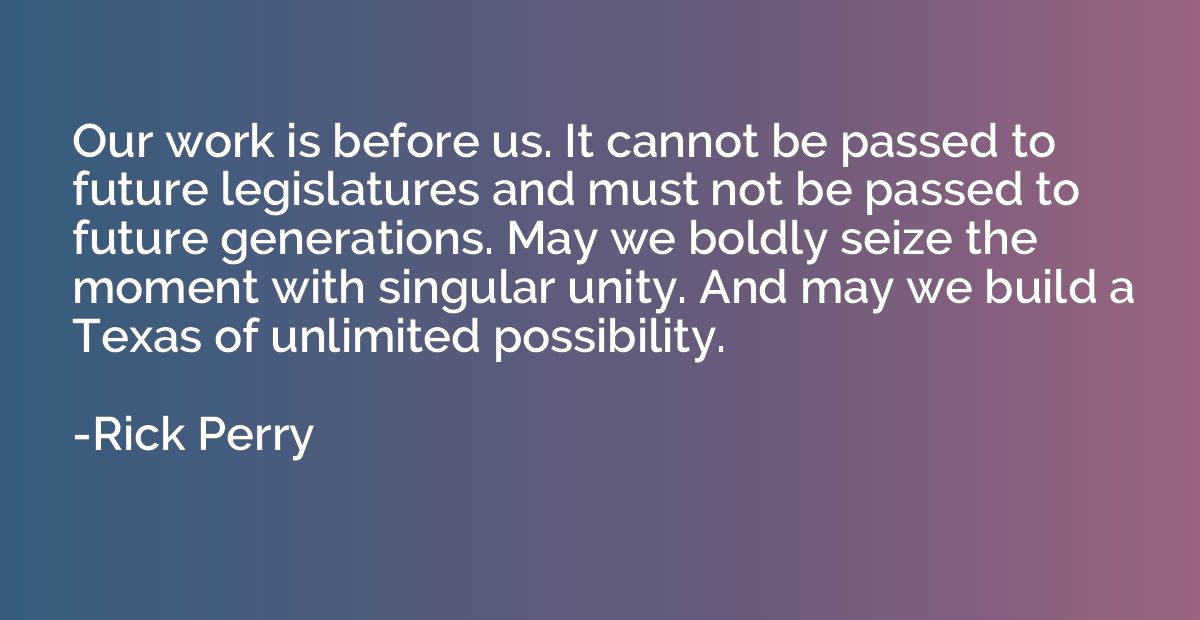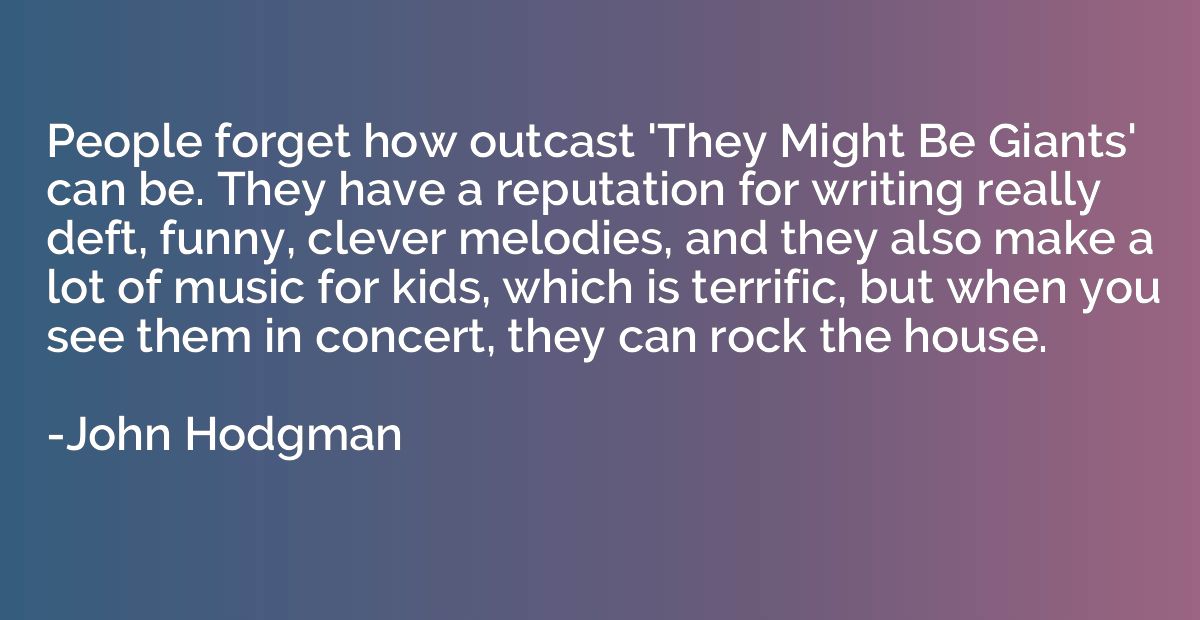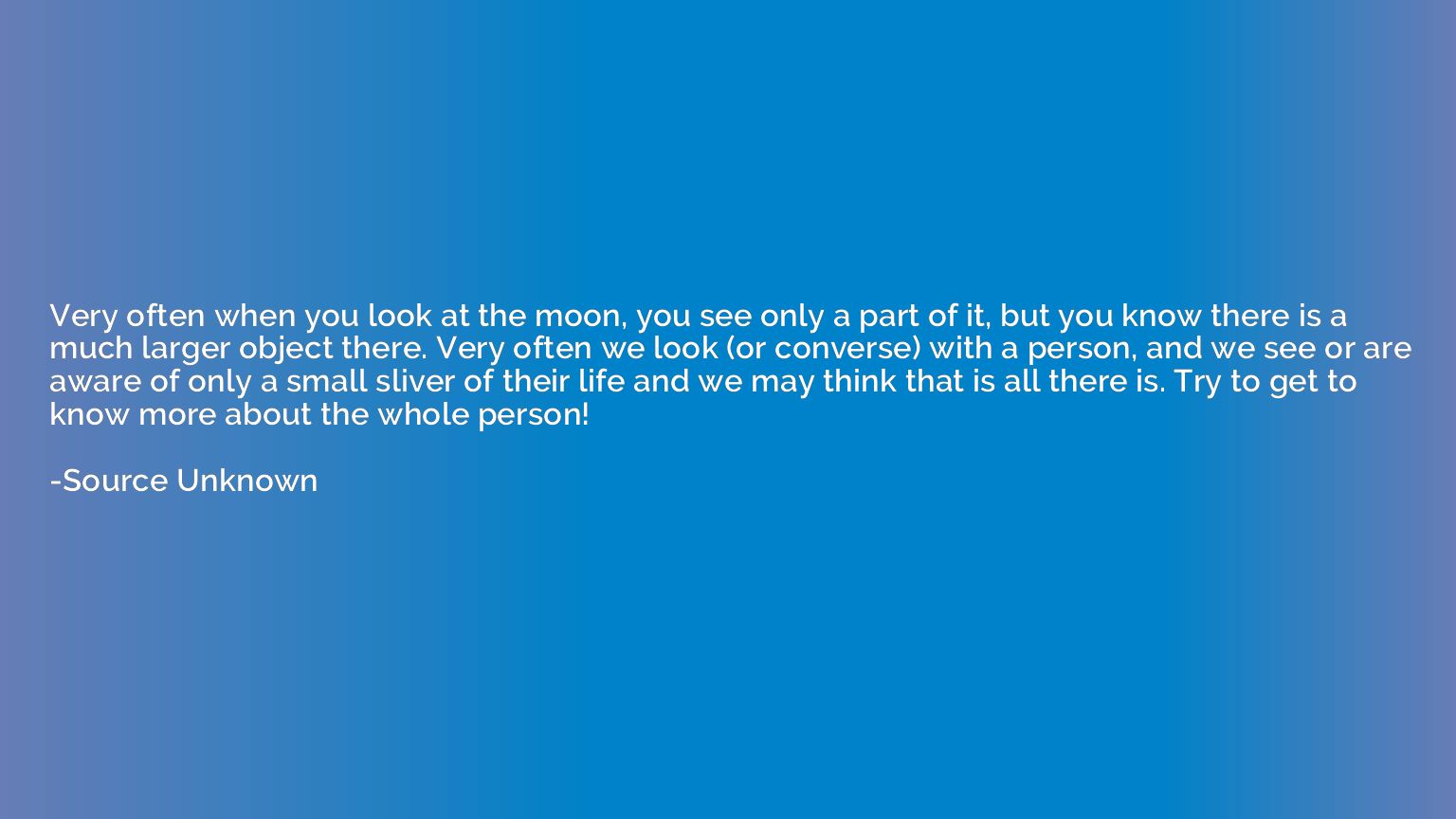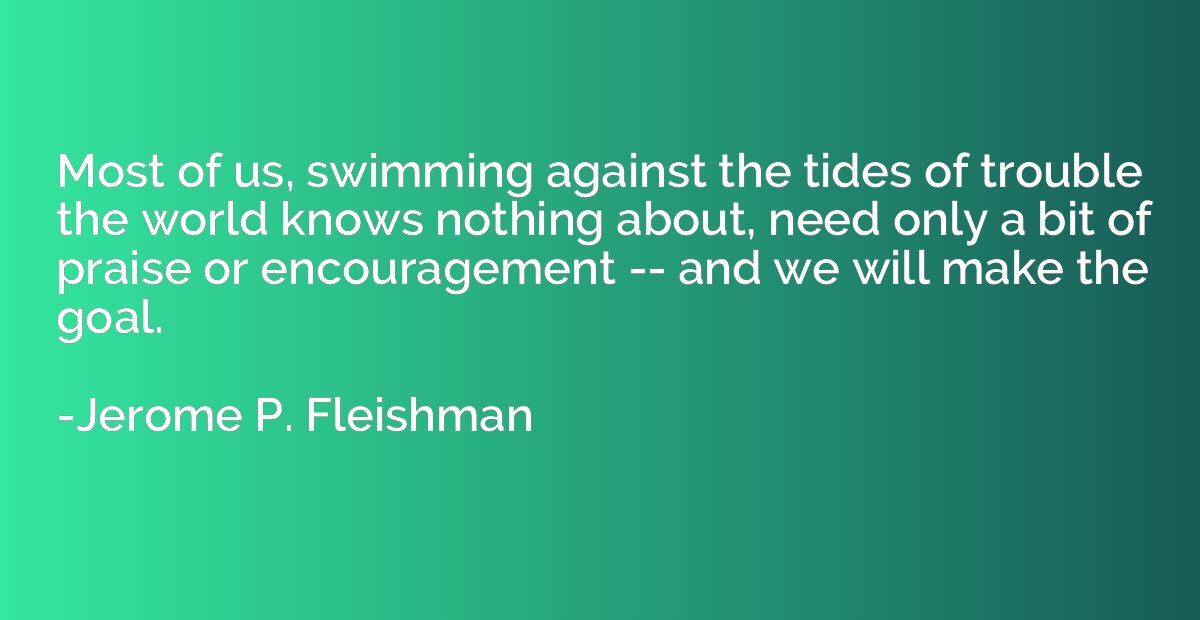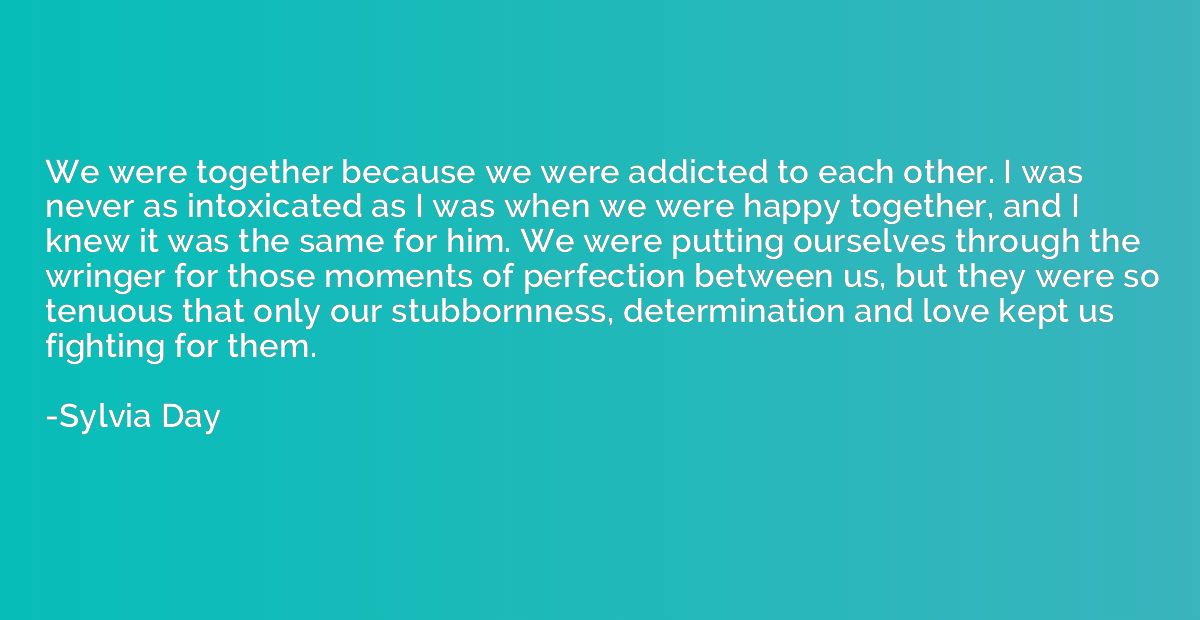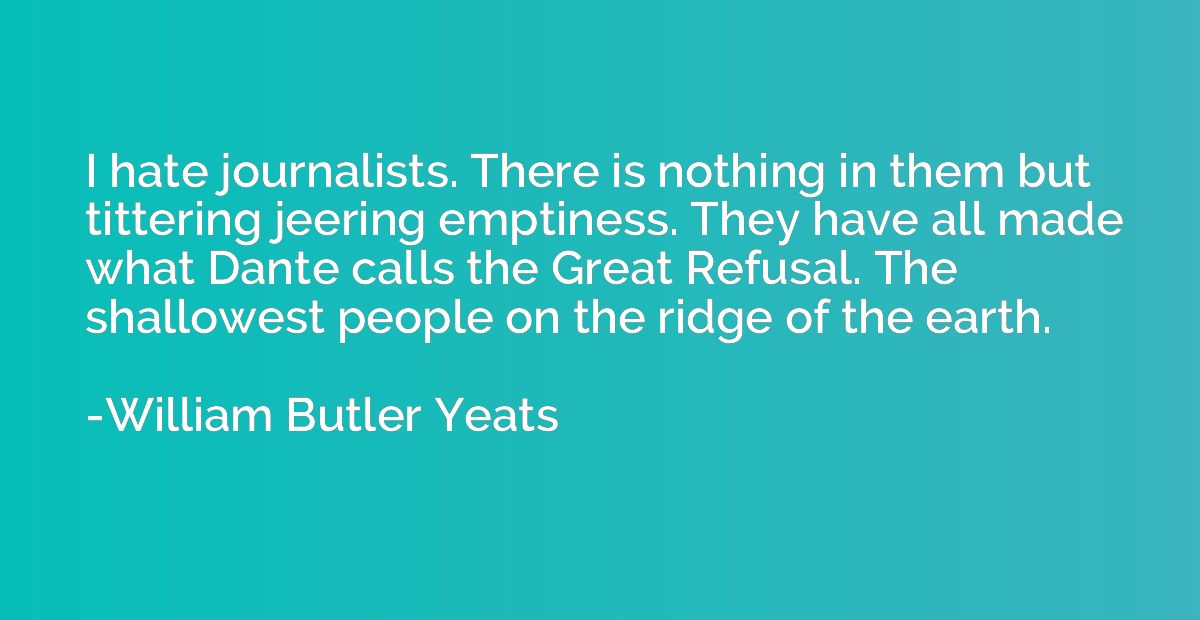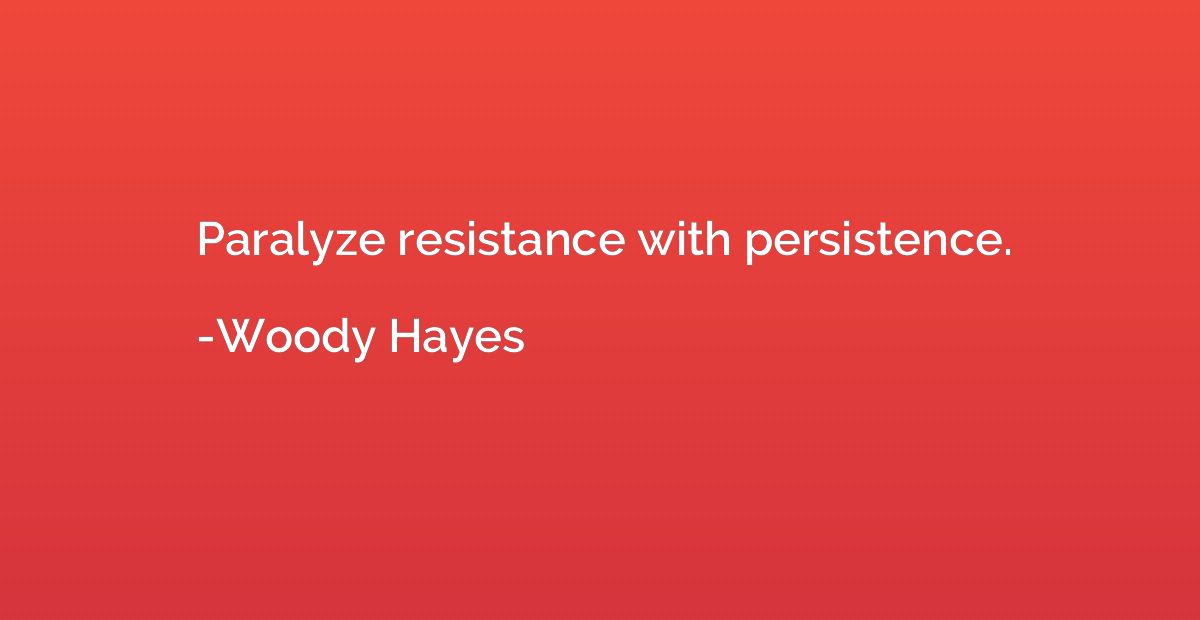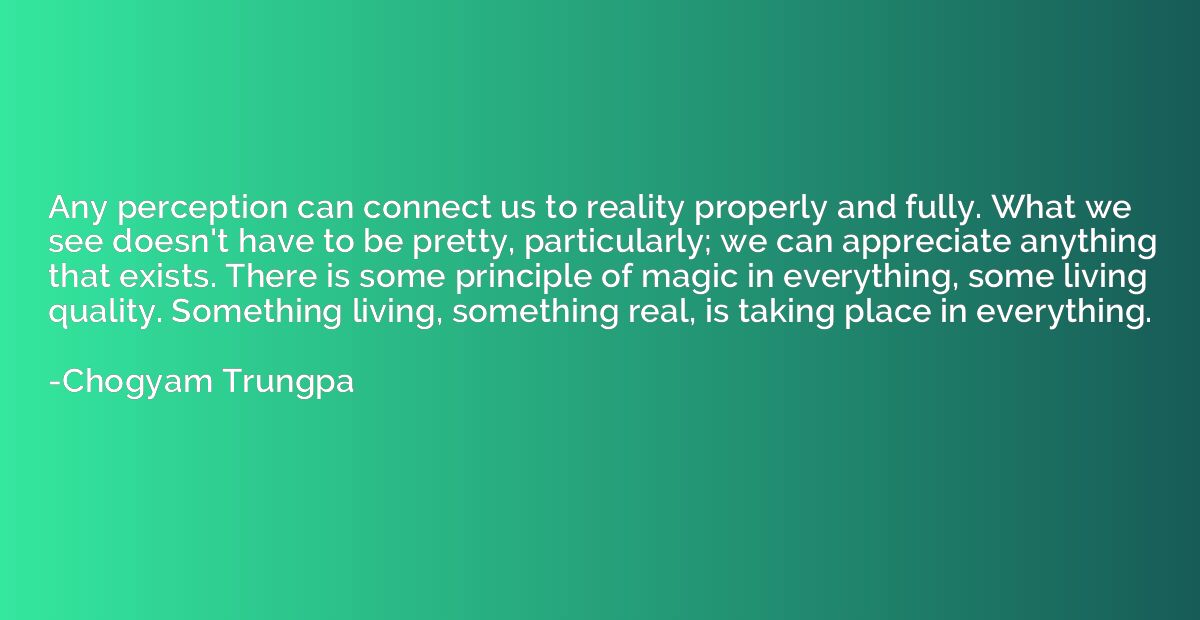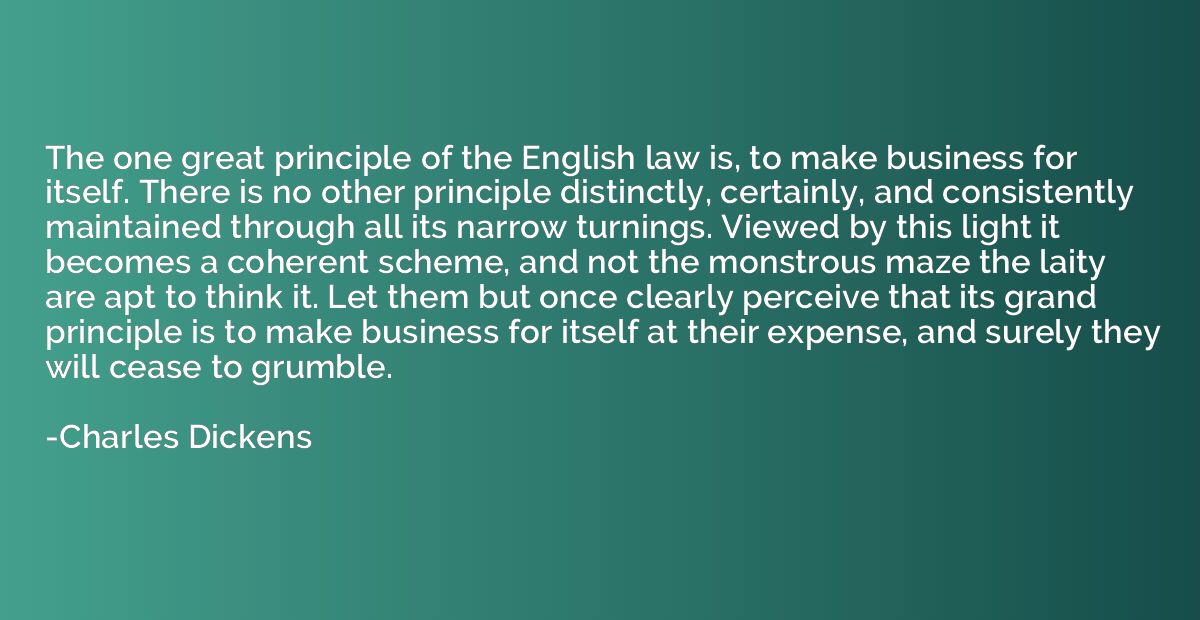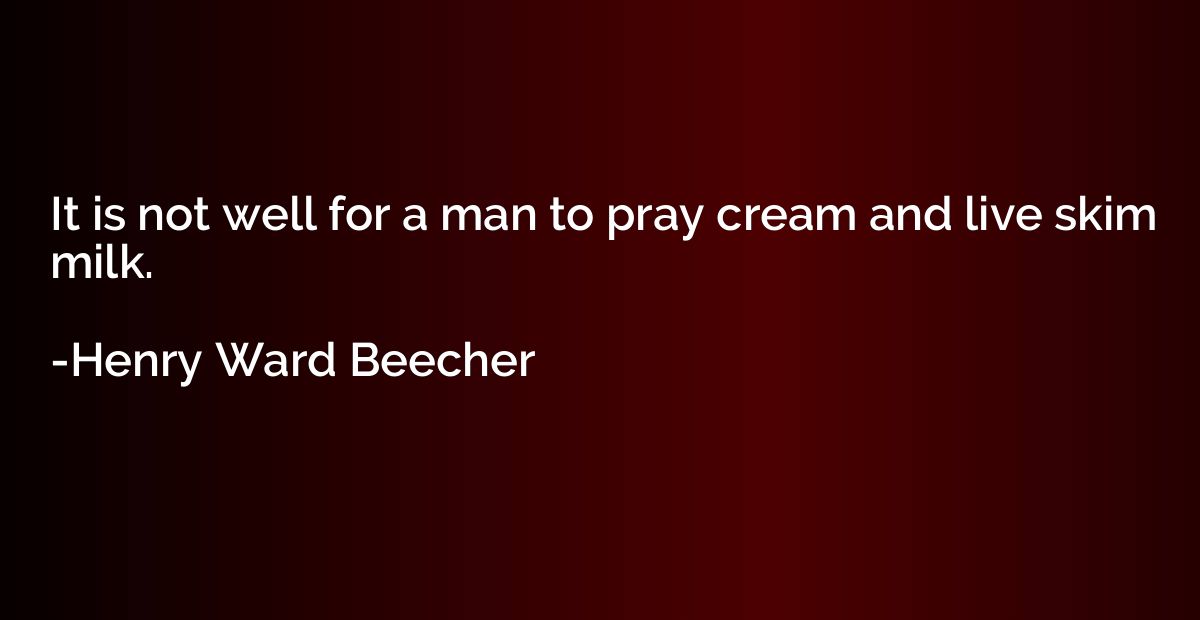Quote by Christopher Hitchens
Every November of my boyhood, we put on red poppies and attended highly patriotic services in remembrance of those who had 'given' their lives. But on what assurance did we know that these gifts had really been made? Only the survivors the living could attest to it. In order to know that a person had truly laid down his life for his friends, or comrades, one would have to hear it from his own lips, or at least have heard it promised in advance. And that presented another difficulty. Many brave and now dead soldiers had nonetheless been conscripts. The known martyrs those who actually, voluntarily sought death and rejoiced in the fact had been the kamikaze pilots, immolating themselves to propitiate a 'divine' emperor who looked (as Orwell once phrased it) like a monkey on a stick. Their Christian predecessors had endured torture and death (as well as inflicted it) in order to set up a theocracy. Their modern equivalents would be the suicide murderers, who mostly have the same aim in mind. About people who set out to lose their lives, then, there seems to hang an air of fanaticism: a gigantic sense of self-importance unattractively fused with a masochistic tendency to self-abnegation. Not wholesome.The better and more realistic test would therefore seem to be: In what cause, or on what principle, would you your life?
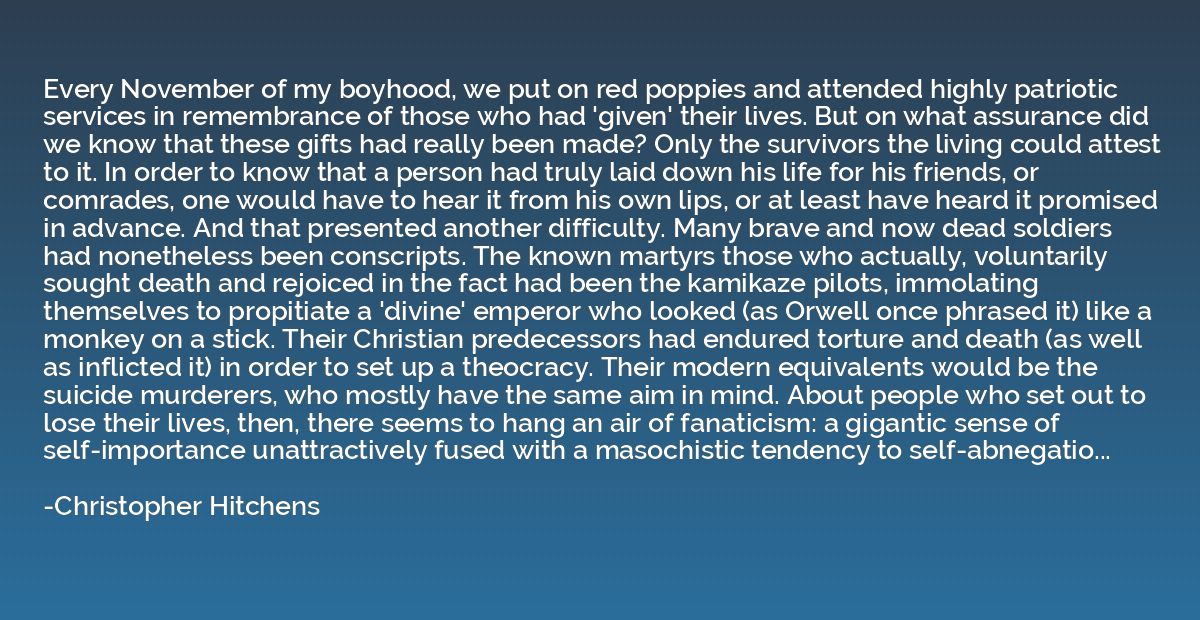
Summary
This quote reflects on the concept of sacrifice and questions the validity and purpose behind laying down one's life for a cause. The speaker acknowledges that commemorating the sacrifice of soldiers can be complicated, as the assurance of their gift can only be verified by those who have survived. Additionally, the distinction is made between conscripted soldiers and those who willingly embrace death for their beliefs, such as kamikaze pilots or suicide bombers. The quote suggests that sacrificing one's life without being coerced or aligning with extremist ideologies is a more genuine and worthwhile test of purpose and principle.



